
Ensure The Security Of Sensitive Information With These Essential Tips
Whether you are a business or a private individual, maintaining the security of your digital sensitive information is extremely important.
The internet’s certainly not short on hackers, and if one happens to come across your sensitive information, then they could use it to blackmail you or sell it on the dark web. Identity fraud is at an all-time high, so hackers are actively searching for people who haven’t safeguarded their online information so that they can steal it and sell it.
This article will also interest you: Personal data: The National Commission for Information Technology and Freedoms wants to reassure about the COVID vaccine file
Thankfully, protecting your sensitive information and data isn’t difficult. This post will tell you how you can do it:
Data protection
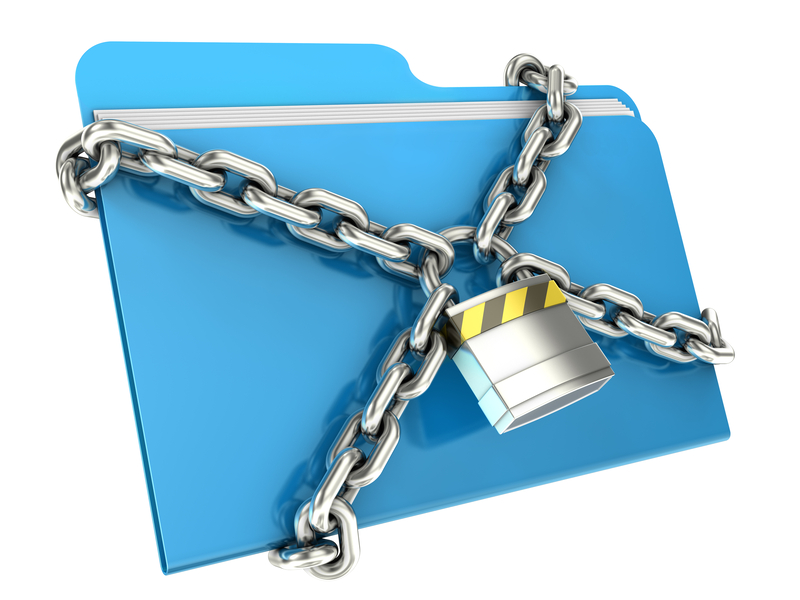
If you want to protect your sensitive information, then one of the best things that you can do is to invest in software that safeguards it against theft. It can be challenging to find the right cyber security software, so it’s important to look around, explore your options, and most importantly of all, read product reviews. If you don’t read the reviews of products that you have found, then you won’t be able to guarantee that the software’s worth using and is reliable. Data protection software secures your databases, ensuring that you don’t have to worry about fraud.
Disk encryption
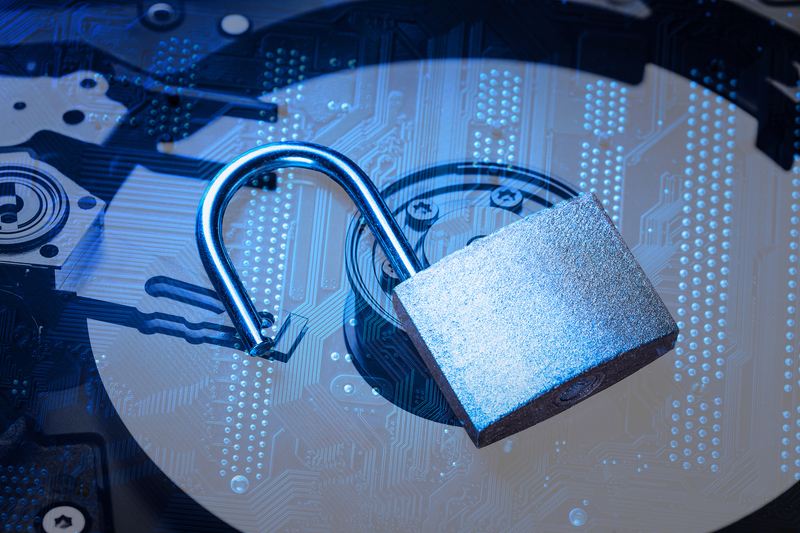
If you want to ensure that the device you are using is protected, then it’s a good idea to encrypt your disks. Disk encryption can help to protect you from data theft or loss. It does this by rendering data that’s stored on encrypted disks unreadable by unauthorized users. Encrypting your device’s hard disks will make it basically impossible for hackers to read what’s on them. It is also very simple, straightforward, and very affordable. Disk encryption isn’t something that you want to miss out on doing.
Restrict data

If you own a business, then it’s a very good idea to restrict your employee’s data access rights. Don’t let low-level employees see your business’s data. While it’s not very common for people to intentionally join companies so that they can steal their data, if employees see data that’s lucrative or could be sold, they could potentially take it with a view to selling it elsewhere. Make sure that you only let vetted and trusted employees access sensitive data and information. Doing this will help to protect your company against fraud and theft.
Deleting data
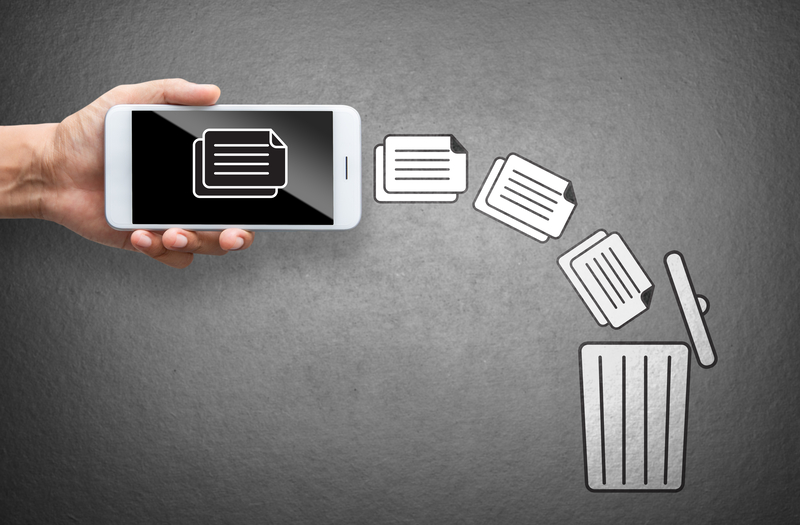
Once you are done with the data, it’s very important that you delete it. If you don’t delete data that is no longer needed, then you risk opening it up to being hacked. Deleting redundant data is a habit that you need to get into. A lot of people move files that they aren’t using anymore to large folders, where they sit. These files can then be accessed by hackers or thieves (if they are able to gain access to your device). Even if data’s redundant, that doesn’t mean that it’s no longer sensitive or potentially dangerous if it falls into the wrong hands. Deleting data will ensure that you don’t have to worry about hackers accessing your things, regardless of whether or not they are still in use.
Regular backups
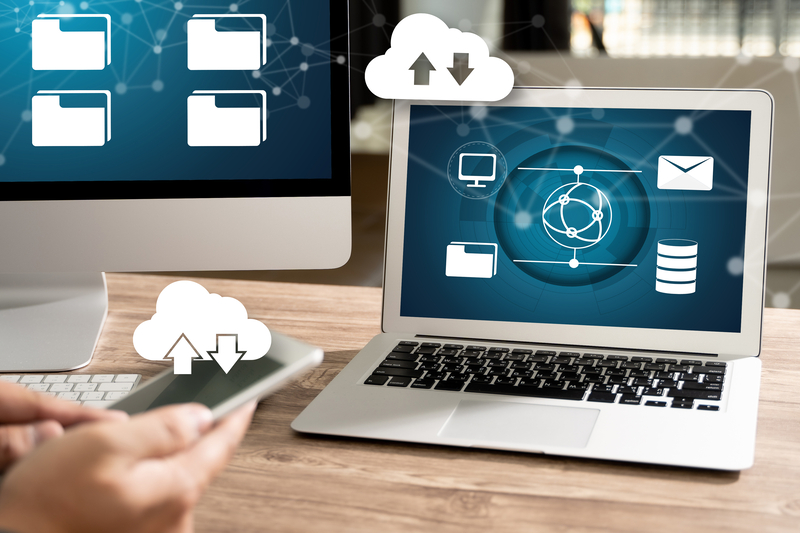
Performing regular backups is very important, also. This is something that not a lot of people do, although it’s not entirely clear why. The most obvious reason is pure laziness. If you do not back up your device, then data can be lost. If data is lost, then you could be unable to access it again in the future, which if you are a business owner, could be terrible. If you lose access to customer information for example, then you will have to recompile it again, otherwise, you won’t be able to reach out to customers for marketing purposes. It’s a good idea to store your data in the Cloud so that it doesn’t get lost. It’s very hard to lose things on the Cloud, as long as they are saved and backed up.
VPN use
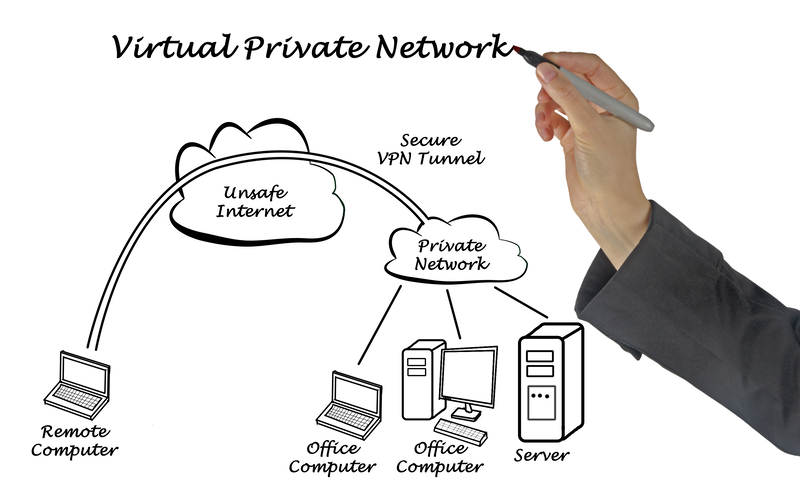
Lastly, make sure that you use a VPN (a virtual private network) whenever you are using the internet. VPNs protect your personal data and information, in addition to preventing people from being able to see where your IP address’s location is. VPNs give you a false IP address, which will move your location to somewhere else in the world. Most VPNs require payment in order to be used, although some will allow you to access certain undesirable servers for free. If you want to use a VPN but don’t have money to pay for one, then this is a good option.
It’s very important that you protect sensitive information when you are using the internet. Unfortunately, cybercriminals are everywhere. If you don’t protect your information, then it could fall into the wrong hands and be sold for a profit or used against you.
Now access an unlimited number of passwords!
